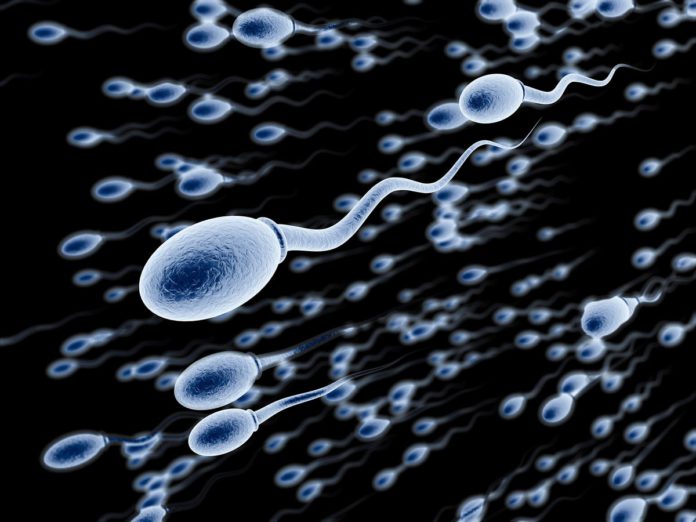A research conducted by researchers at the Department of Pharmacology of the University of Cape Coast has revealed that herb-based alcoholic beverages do not enhance or exert a beneficial effect on male reproductive function.
According to the research, they are “rather toxic to sperms”.
The researchers, led by Dr. Robert Peter Biney, in their paper titled, “Effects of three herb-based alcoholic beverages manufactured in Ghana on sperm characteristics and reproductive hormones in rats” which was published in the 2020 edition of the Scientific African journal, found damaging effects of three Ghanaian herb-based alcoholic beverages on sperms of rats.
READ ALSO:
- Nurse disguises as doctor to perform surgery on woman
- Akufo-Addo’s daughter and her husband step out after grand wedding
- Anas and CNN out with new exposé on Journalism in Ghana
Most advertisements for alcoholic beverages in Ghana entice consumers with herbal constituents believed to enhance sexual performance, although, alcohol has been known to negatively affect fertility.
With little known about the impact of herbal components of these alcoholic beverages on fertility, the study wanted to evaluate the effects of selected alcoholic beverages manufactured in Ghana on male reproductive function, using rats.
Laboratory rats were then given the herbal alcoholic beverages for 21 days after which the scientists collected blood samples, removed their testes, and analysed them.
These beverages contained plants such as Khaya senegalensis or ‘Kuntunkuri’, Xylopia aethiopica or ‘hwentia’, Anthocleista nobilis or ‘Bontodee’, and ginger as the base herbs.
Several medicinal properties have been attributed to these herbs. Khaya senegalensis has anti-inflammatory and anti-plasmodial effects while Xylopia aethiopica has demonstrable anti-inflammatory, analgesic, and antidepressant properties. Anthocleista nobilis has been reported to possess wound healing and anti-plasmodial effects while Zingiber officinale has anti-inflammatory and anti-thrombosis effects.
However, whether these medicinal plants can produce a beneficial effect when used as a base for alcoholic beverages was yet to be proven.
At the end of the study, they found the selected preparations reduced sperm count and sperm motility as compared to those who were even given only alcohol. Interestingly, the drinks containing ‘Kuntunkuri’ had the most damaging effect on the sperms.
They report that herb-based beverages containing K. senegalensis caused a depletion of spermatogenic cells with a corresponding loss of architecture of seminiferous tubules which could result in male infertility.
The team of researchers want to caution consumers to “be mindful of the potentially deleterious effects of locally manufactured herb-based alcoholic beverages.”

